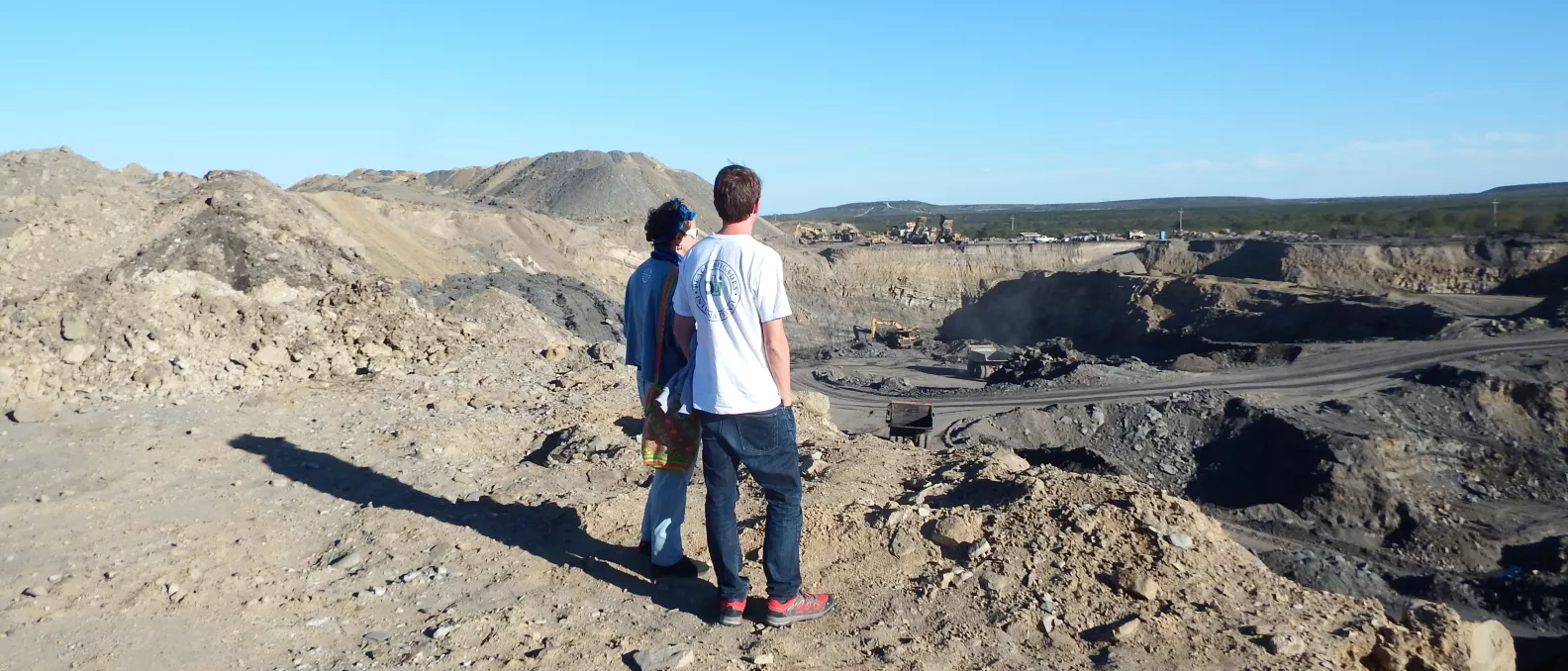
Vision
PBI’s vision is to create space for peace and to protect human rights.
We envision a Mexico where individuals, communities, collectives, and human rights organizations can carry out their work without fear. A Mexico where different visions for the future can be discussed peacefully, transparently, and inclusively, ensuring respect for human rights and social change.
Mission
PBI Mexico’s mission is to contribute to improving the human rights situation in Mexico and to promote social justice in areas affected by conflict and repression. We aim to protect and expand the space for action of human rights defenders, civil society organizations, communities, social movements, and other grassroots expressions that peacefully promote human rights in Mexico and who face risks due to their legitimate work.
PBI Mexico’s Principles
Nonviolence — PBI is committed to giving the highest priority to human life and its defense. It respects human rights, democratic values, and the freedoms of all people. PBI firmly believes that long-lasting peace and sustainable solutions to conflicts- whether between or within nations- cannot be achieved through violent means. Therefore, PBI rejects all forms of violence, regardless of their origin.
PBI aims to support the building of peaceful societies by promoting cooperation among groups working democratically and seeking political solutions to conflicts through nonviolent means. PBI understands that nonviolence is a dynamic philosophy and political stance, traditionally developed by those who resist various forms and structures of violence such as gender-based violence, identity-based discrimination, and socio-economic exploitation. With its international experience and presence, PBI strives to overcome injustice and violence to help build a humane society.
Non-partisanship — As an international third party, PBI acts independently and in a non-partisan manner. According to the Vecchi declaration, non-partisanship involves:
- Engaging with all parties without preconceived bias
- Reporting as objectively as possible
- Refraining from passing judgment
- Expressing concerns to those responsible without assigning blame
- Not accompanying members of political parties
Non-partisanship does not mean neutrality or passivity in the face of injustice or violations of human rights, personal dignity, and individual freedoms. On the contrary, PBI is fully committed to these values and opposes both physical and structural violence as a means to establish lasting peace. Therefore, PBI’s non-partisan third-party role requires that its teams and members do not engage in the work of the individuals or groups they accompany; that they avoid, as much as possible, expressing criticism—even when they feel emotionally aligned with oppressed people or victims; and that they share their conflict-resolution tools only when requested, whether through information or via workshops and training sessions, without imposing their views or intervening in others’ processes.
International Character — PBI is a global organization. It reflects the concerns of the international community regarding conflicts and crises that affect all people, and the peace that benefits all.
PBI invites individuals of all cultures, languages, religions, beliefs, and geographic backgrounds to collaborate with or serve in local, national, regional, or international Peace Brigades. It offers volunteers the opportunity to act as links or representatives of the international community by supporting mutual dialogue between conflicting parties and enabling their access to external support.
PBI’s teams, through their nonviolent intervention in conflict situations, help stimulate and promote peace initiatives by local communities. For this reason, PBI promotes the formation of local Peace Brigades with the goal of strengthening their own work and building peace efforts at the local level.
PBI respects the autonomy and right to self-determination of all peoples and sees its support as a small and complementary contribution to their own peacebuilding methods. For this reason, PBI avoids interfering or imposing its ways of thinking and acting. As a corollary of this approach, PBI only intervenes in a situation when its support is explicitly requested by those affected.
Horizontal Structure— PBI uses a non-hierarchical model of organization and decision-making that values relationships and processes as much as outcomes. As part of this model, PBI decisions are made by consensus among all involved parties. We understand horizontality not only as an internal way of operating but also as a practice in our work with local individuals and organizations. We always seek to adapt our support to their needs and continuously incorporate their feedback into our work.
Regional work
Since 2013, PBI Mexico has adopted a regional presence model that allows us to respond more flexibly to accompaniment requests from different states, thereby protecting more individuals and organizations in more places.
A key strength of this regional approach is that it enables PBI to encourage human rights defenders to build cross-state support networks, strengthening their protection and advocacy capacities.
Since 2015, PBI has maintained regional teams in both the north and south of the country, as well as a coordination office in Mexico City. We currently accompany human rights defenders, organizations, and civil society spaces in the states of Morelos, Michoacán, Puebla, Sonora, and Mexico City.
You can find more information about the organisations and human rights defenders accompanied by PBI here.
